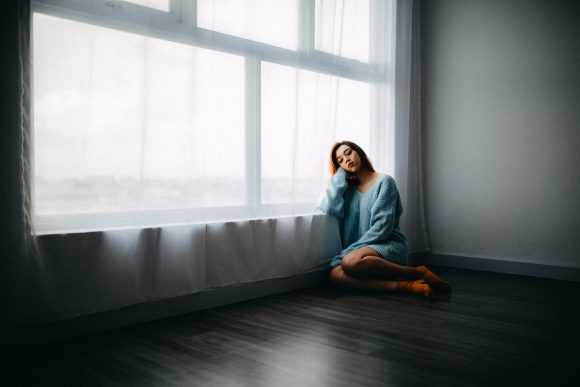Matt Dekonty
Student Writer
As the seasons begin to change and the temperature drops, many find themselves especially tired, moody and hungry. According to the Engle Center, you aren’t crazy, you have what’s known as seasonal affective disorder.
Elenor Muir, director the Engle Center, defined seasonal affective disorder as “a major depressive disorder with a consistent seasonal pattern”. Generally speaking, this transition tends to occur as the fall shifts into the winter, often accompanied by the colder weather and shorter days.
“Depression with a seasonal pattern is more common in northern latitudes, and is more common in younger persons,” Muir said. “That makes college students in Pennsylvania potentially vulnerable to this type of depression.”
Professor of Psychology Valorie Lemmon expanded on the ideas of seasonal depression and its impacts; “It’s not just depression. Sometimes people will have a manic or hypomanic episode.” In this case, she suggests reaching out to a legitimate medical professional for diagnosis.
Some of the effects of SAD can be cravings for things that can make the depression worse, Lemmon said. It leads to increased cravings for carbohydrates and caffeine, as well as a desire to sleep more—unlike regular depression, which can cause us to sleep less often. These cravings, if fulfilled, increase the impact of SAD, creating a vicious cycle.
When it comes to professional treatments, Professor Lemmon suggests light therapy. “That really is the treatment of choice.”
With the days getting shorter, SAD is more closely linked to a lack of sunlight as opposed to just the colder temperatures. This is why Lemmon recommends trying to exercise outdoors, as a means of both the standard benefits of exercise on top of the benefits of sunlight.
Combatting the effects of seasonal depression can be a challenge, but it doesn’t need to be a constant struggle. Looking into a legitimate medical diagnosis, if necessary, as well as avoiding the cravings for carbohydrates and caffeine are good steps. However, just being aware of the effects and understanding that there is hope can be the first big step into coping with the effects of seasonal depression.

